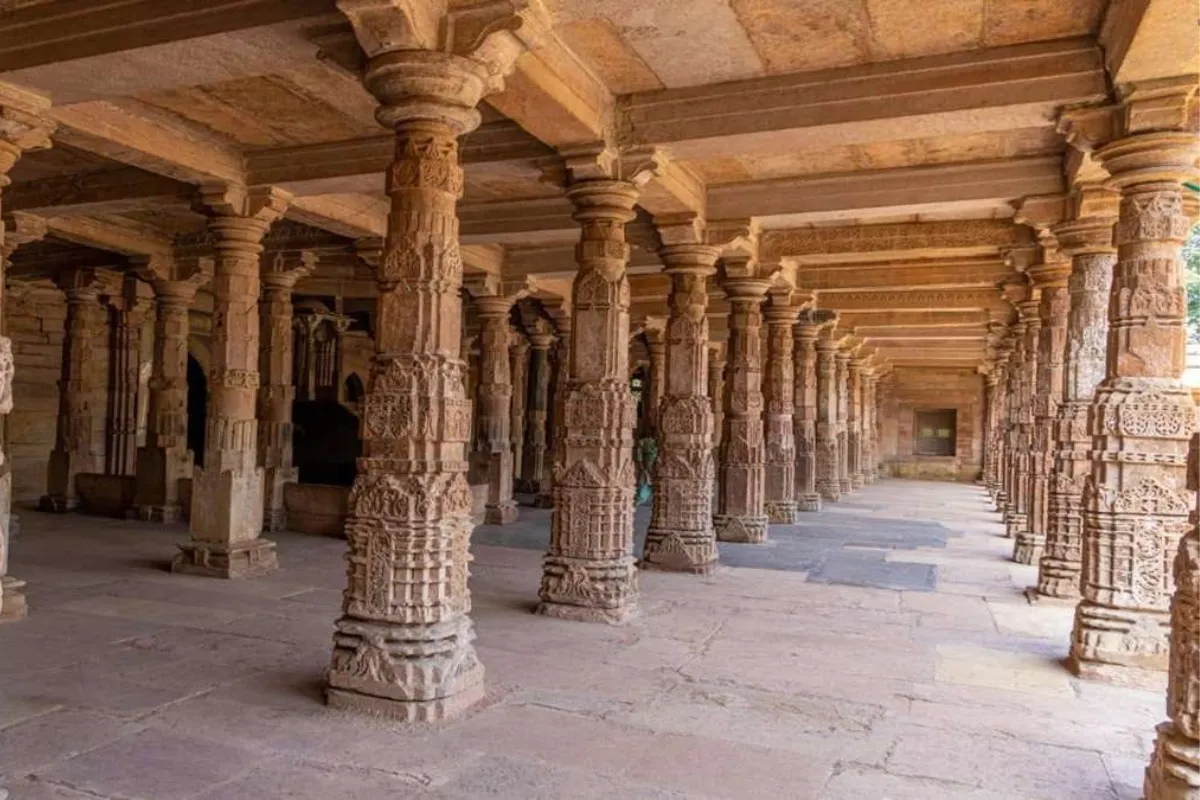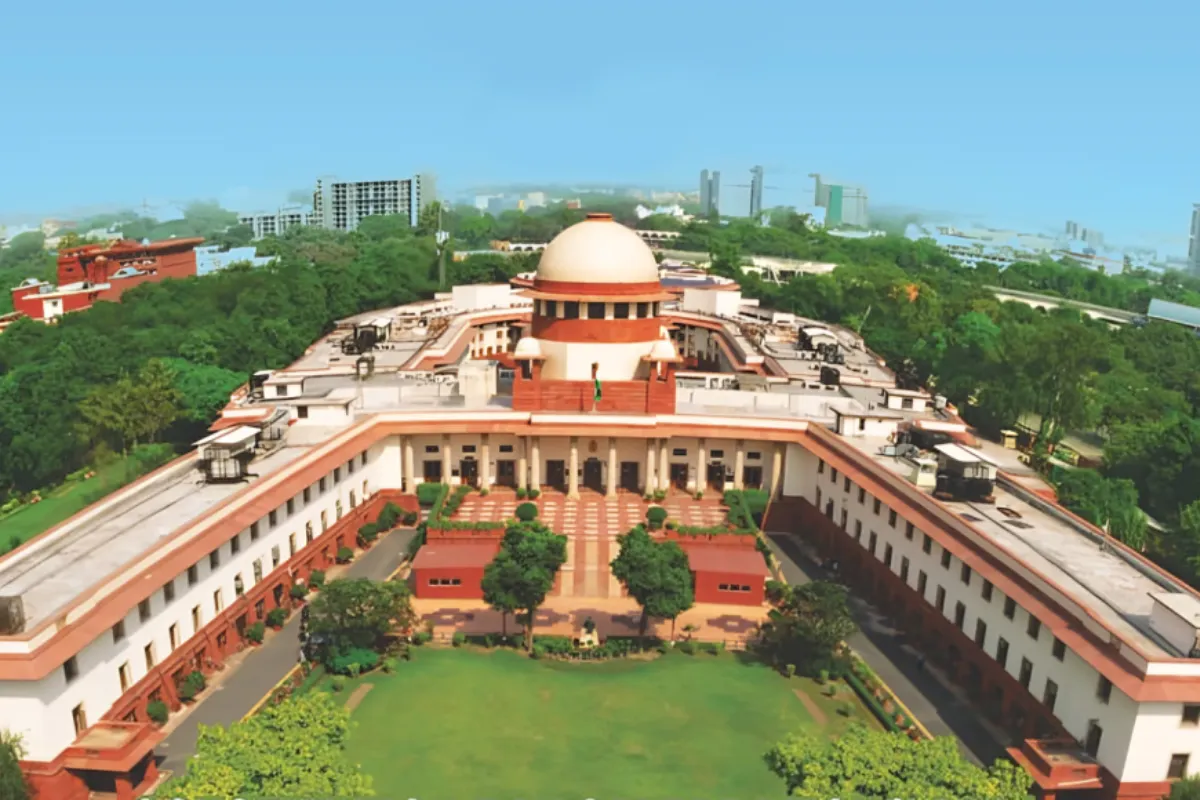The Archaeological Survey of India (ASI), which oversees the Taj Mahal, has been asked to pay roughly Rs 2 crore in property and water taxes. The ASI has received letters from the Agra Municipal Corporation in Uttar Pradesh requesting money for the protected monument.
Agra Municipal Corporation asks Archaeological Survey of India (ASI) to pay close to 2 Crore in Taxes
For both the current and prior fiscal years, the tax has been determined. The tax owing to the AMC till March 31, 2022, according to the two notices, is Rs 88,784; additionally, Rs 47,983 has been claimed as interest for non-payment of the dues. In addition, a house tax of Rs 11,098 has been assessed for the fiscal year 2022–23, bringing the total to Rs 1,47,826, according to the report.
Agra Municipal Corporation gives 15 days to Archaeological Survey to pay the Tax
Nikhil T Funde, an Agra municipal commissioner, was reported as saying “I’m not aware of any tax-related legal actions involving the Taj Mahal. On the basis of the statewide geographic information system (GIS) survey completed for tax calculation, new notices are being issued. All properties, including governmental and religious institutions, have received notifications based on unpaid dues. Refunds are given in accordance with the legislation. The necessary action will be done in the case of notices sent to the ASI based on their response.”
Also Read: Uttar Pradesh Chief Minister Yogi Adityanath is taking forward the ‘Local to Global’ initiative
The ASI, however, has refuted the AMC’s assertions regarding unpaid taxes and claimed a “error” was made. Raj Kumar Patel, the ASI’s chief archaeologist, claims that monuments are exempt from property taxes. We are not required to pay taxes on water either because it is not used for business purposes, he continued. The grounds’ vegetation is kept alive by water. For the first time, the Taj Mahal has gotten notices for water and property tax. It might have been sent inadvertently.
The incident will be looked upon, according to Sarita Singh, the Tajganj zone’s assistant municipal commissioner. Singh claims that a private corporation was given the responsibility of realising property taxes based on a GIS survey.
The Taj Mahal was designated as a protected monument in 1920, and ASI authorities claim that not even during the British rule had any home or water taxes been assessed against it.
Also Read: Uttar Pradesh: From Rags to riches, Tale of a little beggar who turns out to be a Crorepati
Keep watching our YouTube Channel ‘DNP INDIA’. Also, please subscribe and follow us on FACEBOOK, INSTAGRAM, and TWITTER












